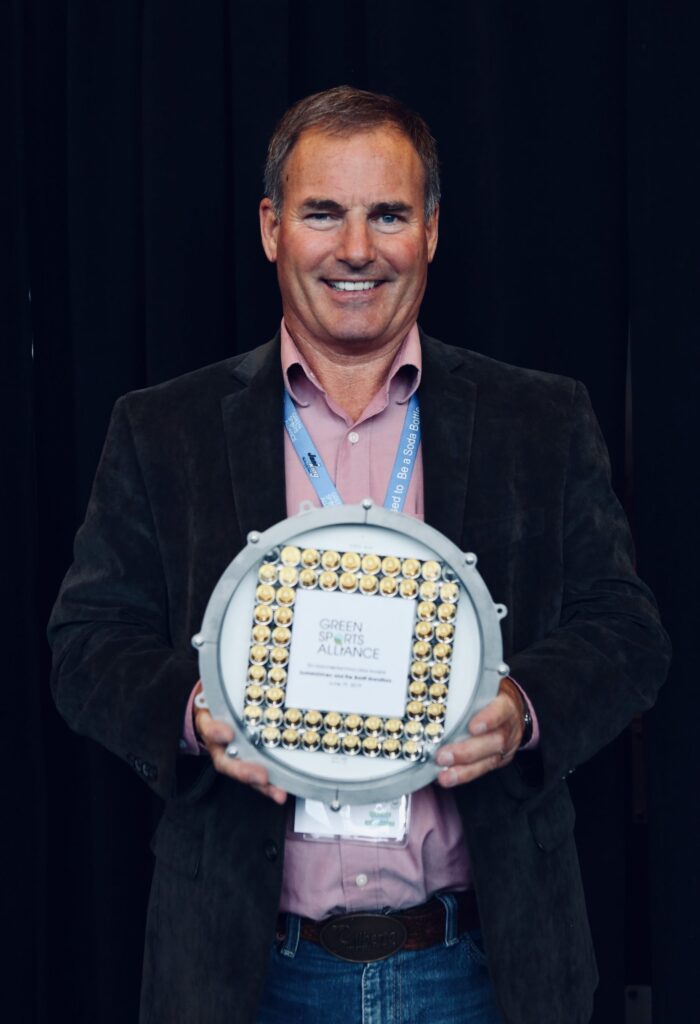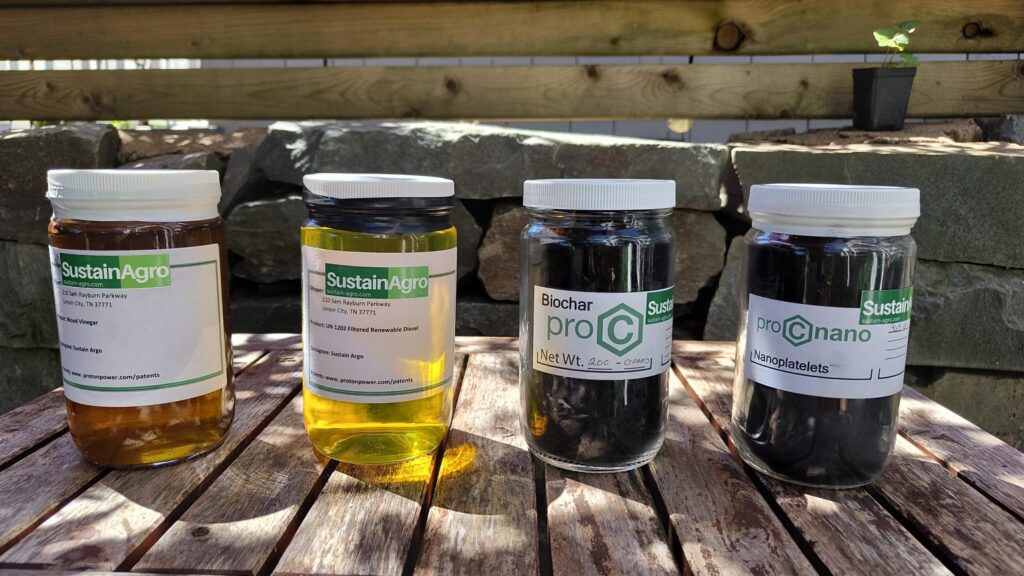In an era marked by record heat events, unprecedented rainfalls, and the alarming melting of Antarctic ice, the urgency to address climate change has never been more palpable. Observing these changes raises a critical question: can we act quickly enough to mitigate their impact? Undoubtedly, this is the most significant question of our time.
SustainAgro, a visionary company, has taken up the challenge. With a powerful vision and mission statement—“We hope to be able to explain to our grandchildren how, in 20 years, our actions had a material effect on the world’s climate crisis”—the company is driven by a profound sense of responsibility towards future generations.
While the world is rapidly embracing electrification as a means to combat climate change, it is crucial not to overlook the role of low carbon liquid fuels. As Natural Resources Canada points out, “Canada cannot accomplish our climate action goals without low carbon liquid fuels.” Unfortunately, this critical aspect often gets drowned out by the clamor surrounding electrification efforts.

After an extensive global search, SustainAgro believes it has discovered the most efficient method for producing low carbon fuels from biomass. The company plans to establish a series of plants in regions with surplus biomass, maximizing the utilization of this valuable resource. However, SustainAgro’s impact extends beyond low carbon fuels. The company also offers secondary products that can significantly contribute to climate action and enhance food production security. These innovations include high carbon content biochar for soil re-carbonization, highly performing graphene, and a remarkable bio-accelerant called Wood vinegar.
At the heart of SustainAgro’s operations lies Pyrolysis, a process that involves subjecting biomass to intense heat until its molecules separate, resulting in gasification. The process’s “Brilliant Scientist” element lies in the condenser, which allows for the production of syngas, hydrogen, sustainable aviation fuel, diesel, kerosene, or furnace oil. Most impressively, the carbon intensity (CI) of this process is less than 10% of traditional fossil fuels, making it a game-changer in the fight against climate change.

Now, the question arises: what about the price? SustainAgro’s groundbreaking technology allows them to charge regular rack pricing for comparable conventional diesel, all while offering a superior product with lower CI and identical molecular properties.
Returning to the topic of biochar, SustainAgro is involved in a large-scale experiment, combining biochar with compost to re-carbonize soils. Anticipated outcomes include reduced fertilizer use, increased crop yields, and enhanced drought resistance. While this experiment is ongoing and will require several years for conclusive results, it holds great promise for sustainable agriculture.

Beyond the immediate environmental benefits, SustainAgro’s endeavors have broader societal implications. It is widely acknowledged that oil and gas serve as international currencies, rivaling even the US dollar. This gives certain regions, both within Canada and globally, an outsized influence over governments and economies. SustainAgro envisions a world in which technological advancements can redistribute this influence. For instance, British Columbia’s commitment to achieving a carbon-neutral liquid energy industry that rivals Alberta’s by 2030, driven by policies like their Low Carbon Fuels legislation, offers a glimpse into this transformative potential.
Quantifying the impact, SustainAgro estimates that if the annual diesel consumption of Nova Scotia—amounting to 715 million liters—were entirely produced and consumed within the province, it would contribute a staggering $3 billion to the provincial GDP. Imagine if all provinces, leveraging their available biomass, produced and consumed various forms of liquid fuels within their own borders. SustainAgro calls this vision the democratization of the energy industry, where sustainability and economic prosperity intertwine.

As SustainAgro embarks on its mission, it acknowledges that it is not a magic bullet capable of single-handedly halting climate change. The scale of this challenge demands a collective effort. However, SustainAgro firmly believes that it can be a vital part of the solution.
The team behind SustainAgro comprises passionate individuals from diverse backgrounds. Entrepreneurs, former politicians, engineers, green energy developers, traders, energy analysts, and industrial plant builders have united under a common purpose. Their combined expertise, innovation, and determination will pave the way for a future powered by low carbon liquid fuels, fostering a sustainable and resilient planet for generations to come.














